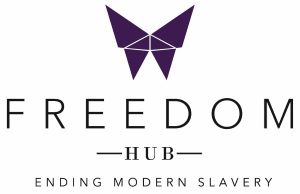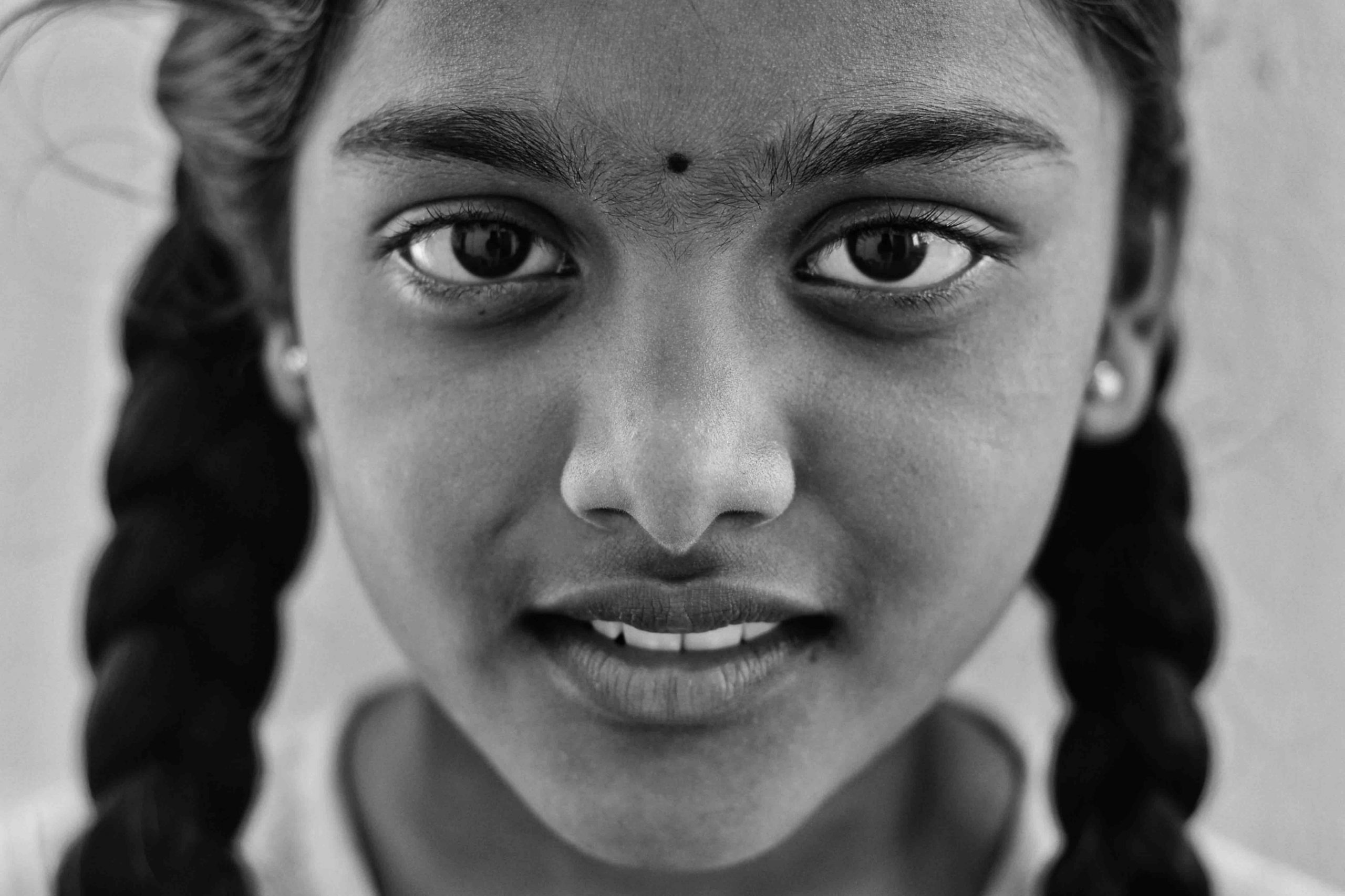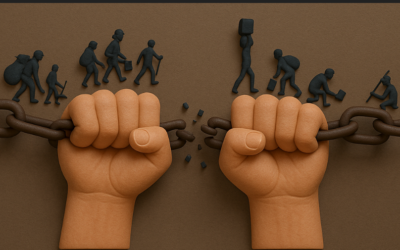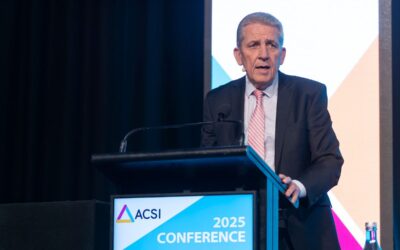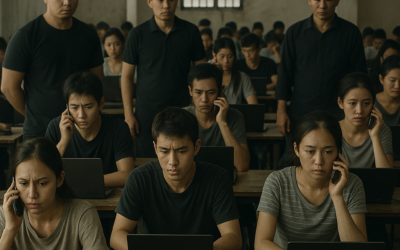Do you want to understand more about the issue of Forced Marriage and the impact it has on women? Then here are three stories you need to read. Real lives that will help you get an insight into the crime of trafficking for marriage. Sadly, this happens here in Australia. 20% of the survivors we help at The Freedom Hub fall into this category fo crime. Therefore it is worth finding out at the end of this blog more about our work in this area.
We are no longer able to write off the abuse of women and children as ‘cultural’. Because the world is now global; people, governments and consumers are recognising these abuses as modern slavery. Therefore, women with a voice need to be the voice for women with none. We need to expose stories like these three women, if we ever want to see equal rights.
This article articulates the lives of three women in India, who have the courage to speak about their life. It is written by Sreya Banerjea – PhD Candidate, SOAS, University of London and published by Malaysia Sun. Simply titled, this is well worth the read….
Three women: stories of Indian trafficked brides
Mahira
“I tried to escape in the middle of the night,” Mahira* recalled. “With a small packed bag, I tiptoed towards the door thinking that he was asleep. Suddenly, he grabbed me from behind and attacked with a cutlass.” I sat, stunned, as she lifted her saree and revealed a wide scar below her knee.
Mahira recounted vague memories of leaving her family home in the state of Assam at the age of 14. And then being forced to marry to a man in Haryana who was three times older than her. A distant family member had accompanied her under false pretence of touring the city of Delhi with her. There, she was sold to a “broker”. It is believed that Mahira’s relative and the “broker” received money for the deal. But in many cases of marriage trafficking, parents who supposedly “sell” their daughters ultimately fail to receive any cash, even if promised. It is often only the so-called “marriage agent” that profits from the trade.
Mahira was forced to join other girls who were being auctioned off to men bidding for brides. She was purchased for Rs.8,000 (US$104) by a 45-year-old Sikh man. By 28, Mahira was a mother of three and earned Rs.2 per hour for working in the fields.” Read more of her story here.
Sarah
“Sahar was just 14 when she was forced to marry a man of 50. Born and raised in a small village of Bihar, she was the youngest of her 12 siblings. She told me that her cousin’s husband worked as a marriage broker and arranged her marriage with a man in Haryana. Sahar’s new husband was a widow and sought a second wife who would raise his three children and take care of domestic tasks such as cleaning and cooking.” You can read more in the full article.
Amreen
Amreen was 15 when she was kidnapped on her way home from school. She lived with her mother, Mahnoor, and three brothers, ages 14, seven and three. Since their father abandoned the family, Mahnoor raised all four children on her own and paid for Amreen’s education. Amreen was first taken to Ambala in Haryana, 2,033km away from her home village. Then, she was taken to another village where she was married off to a man 12 years her senior. Read the full article about her story.
Why don’t more women escape?
“Many women remain in these marriages because they do not remember their address. Nor do they have the means to leave or escape. That means there is a lack of consistent data on marriage trafficking. When a woman’s natal family comes to know that a marriage has taken place through abduction or trade, in many cases they refuse to reconnect due to social stigma. Some feel relieved that the burden of dowry and economic baggage of unmarried daughters have been lifted.”
These three women share how they escaped their plight. And they share how they feel about the issue and experience of a forced marriage. Read the full article here. *This article does not disclose any identifiable information of the research participants, and uses pseudonyms to maintain complete confidentiality.
Forced Marriage in Australia
The Freedom Hub Survivor School provides support for women and girls who have experienced forced marriage, marriage trafficking and those that are at risk of forced marriage. It is a growing concern in our country. However, the AFP and Red Cross work hard to identify the victims. They are referred onto us once they have been identified. Then, we help them rebuild their life and learn to live successful independent lives. Our program offers them free ‘trauma informed’ courses to help them with their mental health, confidence, life skills and work readiness. In addition, each survivor has a life coach to help them for as long they require the service. As a result, we are the only specialised, long term, wrap around care for survivors of modern slavery in Australia. For an insiders view on our work read this blog from one of our social workers.
–
Join our Community
If you would like to volunteer, contact us here.
Or if you would like to get our monthly up date, opt in here.
If you would like to support a survivor make, donate here. (tax deductible)
SO THANK YOU FOR TAKING THE TIME TO READ OUR BLOG XX (Please review it or share it with others.)
